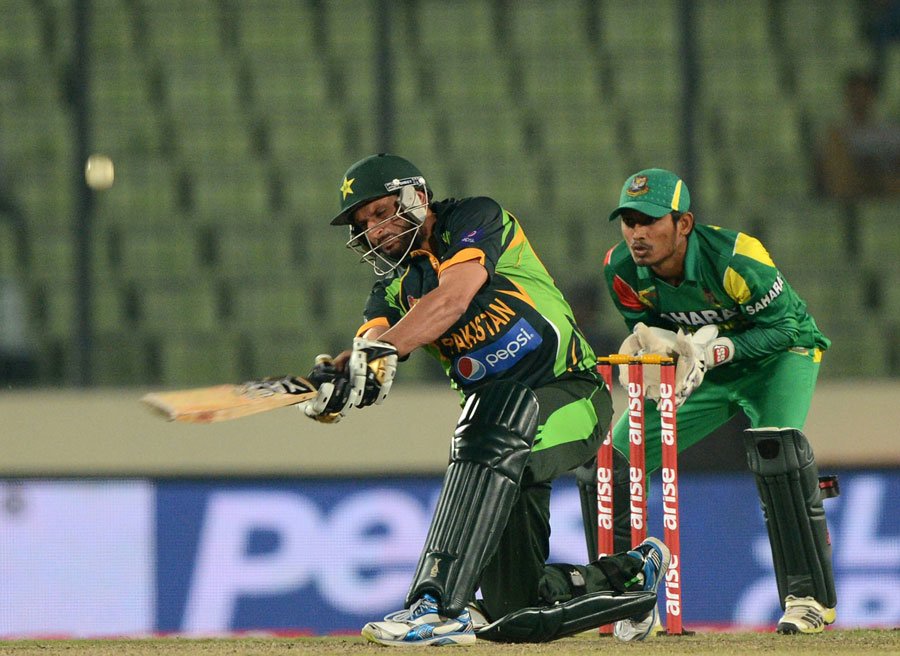Hassan Rouhani returned to Tehran from New York on Saturday after his historic phonecall with Barack Obama to a mixture of cheers from supporters and protests from hardliners who threw eggs and shoes at his car.
The reception greeting the Iranian president at Tehran airport reflected the precarious tightrope he will have to walk to do a deal with the west. Ultra-conservative protesters chanted: “Death to America” and hurled invective and missiles at Rouhani’s car. But his supporters outnumbered his opponents – estimated about 50-strong – and more importantly, the supreme leader, Ayatollah Ali Khamenei, sent his closest foreign policy adviser to greet Rouhani.
The presence of Ali Akbar Velayati gave weight to Rouhani’s insistence that he had the highest authority to pursue his diplomatic initiative at the UN general assembly, which culminated in a groundbreaking 15-minute phone conversation with Obama on Friday, conducted on a mobile phone while Rouhani was on the way to John F Kennedy airport.
Iranian state television did not broadcast the hardliner protests at the airport, and the state news agency, Irna, instead played up the fact that the US had presented Rouhani with a 2,700 year-old Persian silver drinking vessel, shaped like a gryphon. It had been seized from an art dealer who had smuggled it out of Iran in 2003 and the state department had been waiting for a thaw in relations in order to return it.
The majority of the official and semi-official Iranian press reports on Rouhani’s trip have been supportive or neutral. Even Qassem Suleimani, the head of the Revolutionary Guards’ external operations wing, the Quds Force, a powerful figure in the security apparatus, had positive things to say about the visit. Suleimani acknowledged the respect the world had shown to Rouhani, attributing it to the “resistance and endurance” of the nation.
However, the delicate nature of Rouhani’s position was also evident in the careful managing of the coverage of the New York trip. Rouhani contradicted the White House account of his phone call with Obama stressing that the conversation had been an American idea.
“Yesterday, at the moment we were preparing for moving towards the airport, the White House contacted us and expressed the willingness of the US president to have a phone conversation for some minutes,” Rouhani told reporters at Tehran’s Mehrabad airport according to the Fars News Agency.
A number of tweets put out just after Friday’s phonecall by Rouhani’s official English-language Twitter account, reflecting the friendly and bantering tone of the conversation, were deleted a few hours later and replaced with a more formal, less detailed version.
Iranian officials have also sought to deny that Rouhani described the Holocaust as reprehensible in a CNN interview, even though the translation was provided by an official Iranian interpreter. A senior member of parliament has even called for the news channel to be sued over the issue.
At a press conference before leaving New York, Rouhani had said the visit had exceeded his expectations, but his team is well aware of the resistance in Tehran that will have to be overcome in order to make the necessary compromises over the nuclear programme on secure an enduring settlement with the west.
A senior official in the Iranian delegation pointed out that hopes of detente with the west had been dashed before during the term of the last moderate president, Mohammad Khatami, as a result of ideological resistance in Tehran and the failure of the Bush administration to response positively to Iranian overtures in 2003.
“We have followed this path before and we know it does not necessarily end well,” the official told the Guardian. When it was suggested that there was more chance of a breakthrough now there were presidents in both Washington and Tehran who favoured diplomacy, the official replied: “You need more than for the stars to be in alignment. You need luck too.”

President Rohani exchanged views with US officials on return of the seized ancient vessel, known in art circles as a rhyton, to Iran on the sideline of the United Nations General Assembly in New York.
The US officials presented the ceremonial drinking vessel belonging to the 7th century BC to Iran as a token of goodwill.
The ancient vessel had been in New York since 2003, when an art dealer smuggled it into the country from Iran.
Griffin is a legendary creature with the body, tail, and back legs of a lion; the head and wings of an eagle; and an eagles talons as its front feet. As the lion was traditionally considered the king of the beasts and the eagle was the king of the birds, the griffin was thought to be an especially powerful and majestic creature.
The griffin was also thought of as king of the creatures. Griffins are known for guarding treasure and priceless possessions.










![TLP Protesters agree to end sit-in [Aasia bibi's Name on ECL]](/wp-content/uploads/2013/09/Breaking-News.jpg)